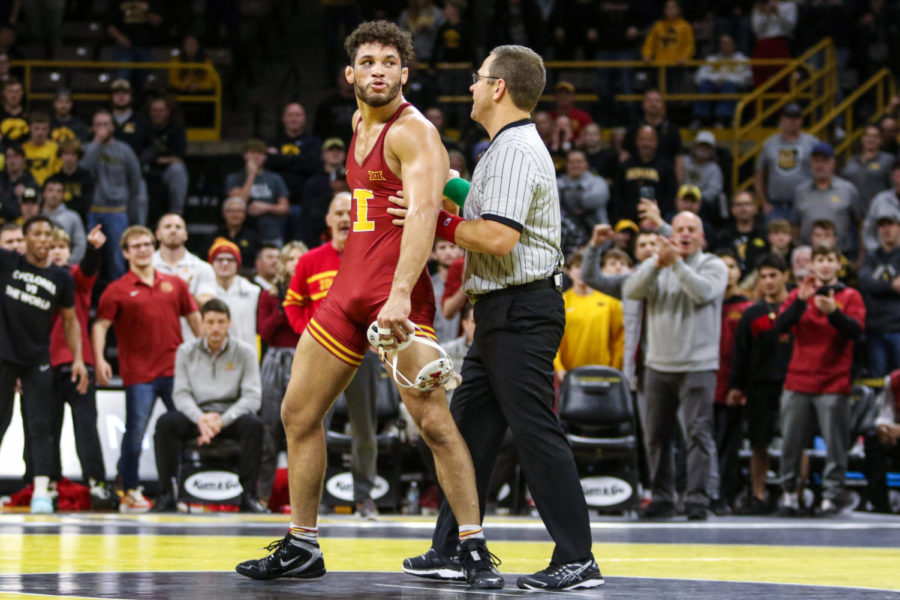EDITORIAL: Sex offenders have civil liberties, too
February 16, 2004
We think of them as monsters and find their crimes reprehensible, but one fact still remains — sex offenders are people, too. We may not want to claim them, but after paying their debt to society, sex offenders deserve the rights of life and property, and to live that life on the property of their choice.
And so sang the Iowa Supreme Court in its Feb. 9 decision to strike down Iowa’s law prohibiting sex offenders from living within 2,000 feet of schools and other child care facilities. The court sided in favor of the Iowa Civil Liberties Union, which argued the restriction banished sex offenders — new and formerly convicted — effectively from living in some towns. The court also found the law unconstitutional because of its retroactive nature, since it applied to previously released offenders who were already living in the “no sex offender here zone.”
In areas where sex offenders could live, concerns were raised about sex offender ghettos. Imagine all the released sex offenders living in an apartment complex together, sitting around playing poker and talking about their previous deviant activities. Kind of scary, especially for anyone else stuck living in that building or particular sector of town, especially if they have children.
Laws banning offenders from certain areas also make dangerous assumptions, such that sex offenders stay in one place. Of course, it seems hazardous to have a former offender live next door to a schoolyard where he/she can look outside the window to the image of children frolicking about at recess. But will any specific number of feet prevent children from suffering at the hands of a sexual deviant, especially considering most are assaulted by people they know?
Plaintiff lawyers argued no. “There is no evidence that sex offenders reoffend by living within any magic number of feet from a school,” wrote attorney Philip Mears in his arguments to the Iowa Supreme Court. In reality, if a former sex offender wants to find a victim, it is doubtful any number of feet — which is difficult for the police to enforce anyway — will prevent him or her. With the recidivist nature of sexual crimes and its close link to pedophilia — a debatably incurable mental disorder making the person aroused by young children — protecting children seems like a task for a super hero.
However, it is a task the government needs to address. This law may be unconstitutional, but its effort to protect children is commendable. It is the government’s job to protect its citizens, and children are the most helpless of them all. Whether it’s more therapy, longer sentences or the extreme of chemical castration for repeat offenders, something must be done— as long as it withstands constitutional scrutiny.






